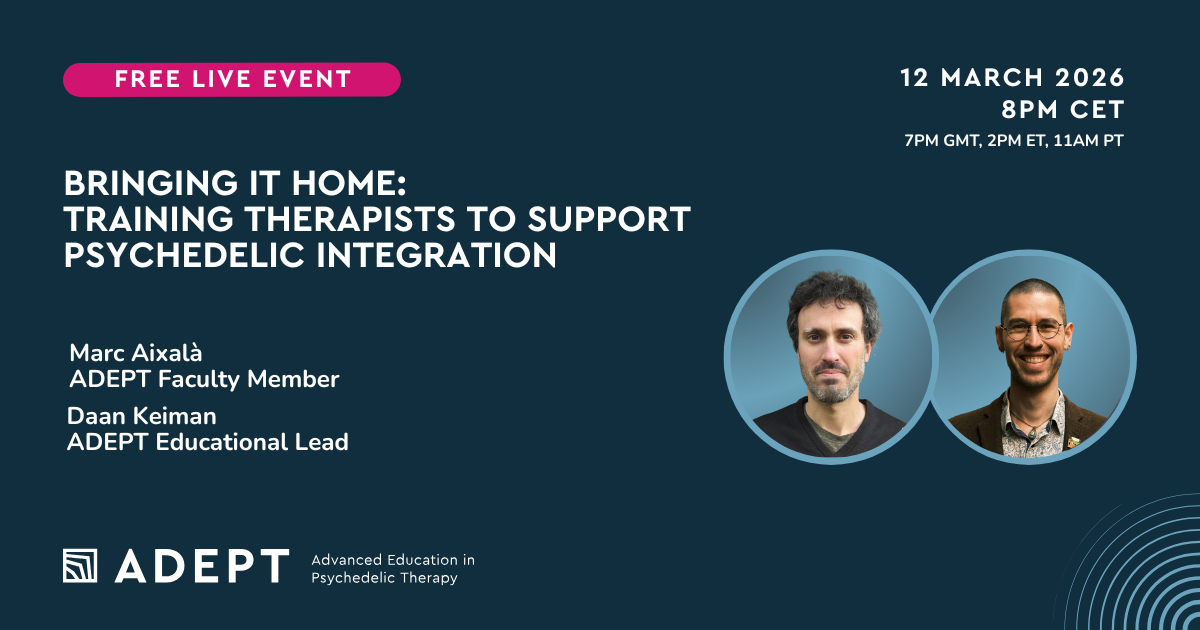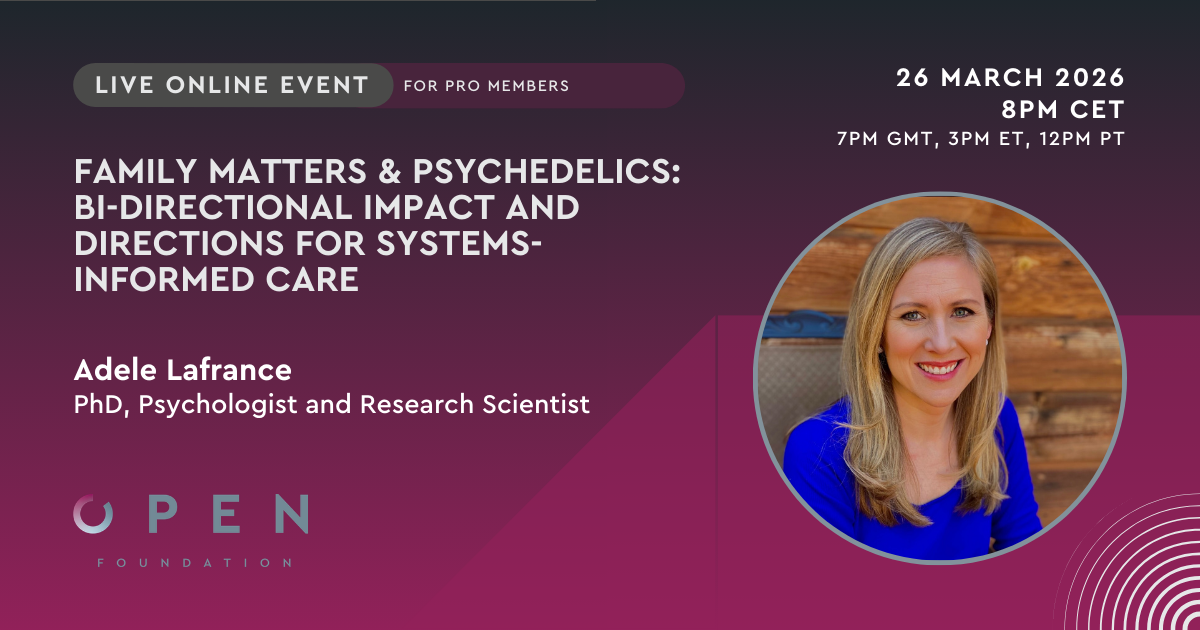Abstract
There is a popular interest in microdosing with psychedelics such as LSD. This practice of using one-tenth of a full psychedelic dose according to a specific dosing schedule, anecdotally enhances mood and performance. Nonetheless, controlled research on the efficacy of microdosing is scarce. The main objective of the present dose-finding study was to determine the minimal dose of LSD needed to affect mood and cognition. A placebo-controlled within-subject study including 24 healthy participants, was conducted to assess the acute effects of three LSD doses (5, 10, and 20 mcg) on measures of cognition, mood, and subjective experience, up until 6 h after administration. Cognition and subjective experience were assessed using the Psychomotor Vigilance Task, Digit Symbol Substitution Test, Cognitive Control Task, Profile of Mood States, and 5-Dimensional Altered States of Consciousness rating scale. LSD showed positive effects in the majority of observations by increasing positive mood (20 mcg), friendliness (5, 20 mcg), arousal (5 mcg), and decreasing attentional lapses (5, 20 mcg). Negative effects manifested as an increase in confusion (20 mcg) and anxiety (5, 20 mcg). Psychedelic-induced changes in waking consciousness were also present (10, 20 mcg). Overall, the present study demonstrated selective, beneficial effects of low doses of LSD on mood and cognition in the majority of observations. The minimal LSD dose at which subjective and performance effects are notable is 5 mcg and the most apparent effects were visible after 20 mcg.
Hutten, N., Mason, N. L., Dolder, P. C., Theunissen, E. L., Holze, F., Liechti, M. E., Feilding, A., Ramaekers, J. G., & Kuypers, K. (2020). Mood and cognition after administration of low LSD doses in healthy volunteers: A placebo controlled dose-effect finding study. European neuropsychopharmacology : the journal of the European College of Neuropsychopharmacology, 41, 81–91. https://doi.org/10.1016/j.euroneuro.2020.10.002













